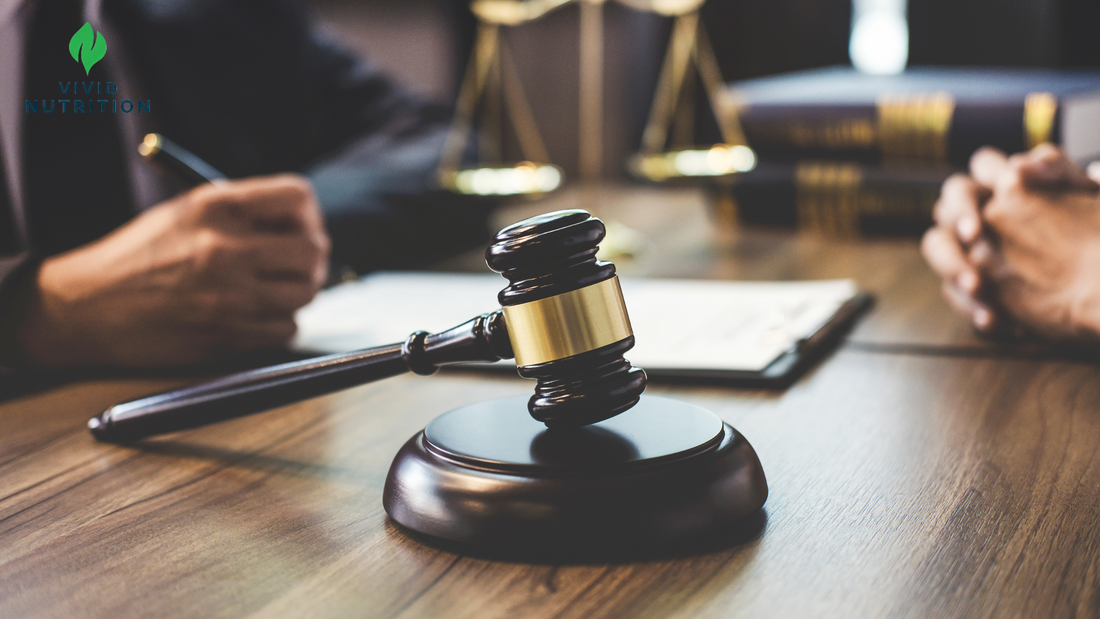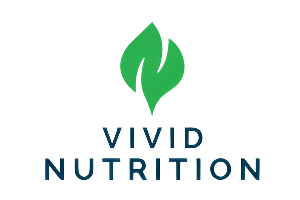
Are Functional Mushrooms Legal?
Share
Navigating the Legal Landscape: Are Functional Mushrooms Legal?
Introduction:
As the popularity of functional mushrooms continues to grow, questions about their legal status have become increasingly common. In this article, we'll explore the legal landscape surrounding functional mushrooms to provide you with a clear understanding of their current status.
The Legal Status of Functional Mushrooms:
In most countries, the cultivation, sale, and consumption of functional mushrooms are legal. Mushrooms that are commonly used for culinary or medicinal purposes, such as Reishi, Chaga, and Lion's Mane, are generally regarded as safe and legal for consumption.
However, it's crucial to be aware of the legal nuances that may vary from one jurisdiction to another. While the majority of functional mushrooms are legal, certain species or extracts might be subject to specific regulations.
Regulatory Approaches Around the World:
The regulatory approach to functional mushrooms varies globally. In the United States, for example, functional mushrooms are often classified as food or dietary supplements, and their sale is regulated by the Food and Drug Administration (FDA). In Europe, the European Food Safety Authority (EFSA) oversees the safety and labeling of food products, including functional mushrooms.
It's important to note that the legal status of functional mushrooms may be influenced by their intended use. For instance, if marketed as a dietary supplement, the product may need to comply with specific regulations governing such supplements.
Psychoactive Mushrooms vs. Functional Mushrooms:
It's crucial to differentiate between psychoactive mushrooms (such as psilocybin-containing mushrooms, also commonly known as magic mushrooms) and functional mushrooms. Psychoactive mushrooms are generally illegal in many jurisdictions due to their hallucinogenic properties. Functional mushrooms, on the other hand, do not possess such psychoactive compounds and are legal in most places.
Quality and Compliance:
When considering the legal aspects of functional mushrooms, quality, and compliance with regulations play a pivotal role. Ensure that the products you purchase are sourced from reputable suppliers who adhere to relevant cultivation and processing standards. It's also critical to note that the suppliers you are purchasing from also have the necessary local/international standard licenses to produce the product. Third-party testing and certification can offer additional assurance of product quality and compliance.
Conclusion:
As of the current landscape, functional mushrooms are generally legal for cultivation, sale, and consumption in many parts of the world. However, it's imperative to stay informed about local regulations and ensure that products comply with relevant standards. Always purchase from trustworthy sources to guarantee the legality and quality of the functional mushrooms you incorporate into your routine.
By understanding the legal framework and making informed choices, you can confidently explore the world of functional mushrooms and enjoy their potential benefits within the bounds of the law.
